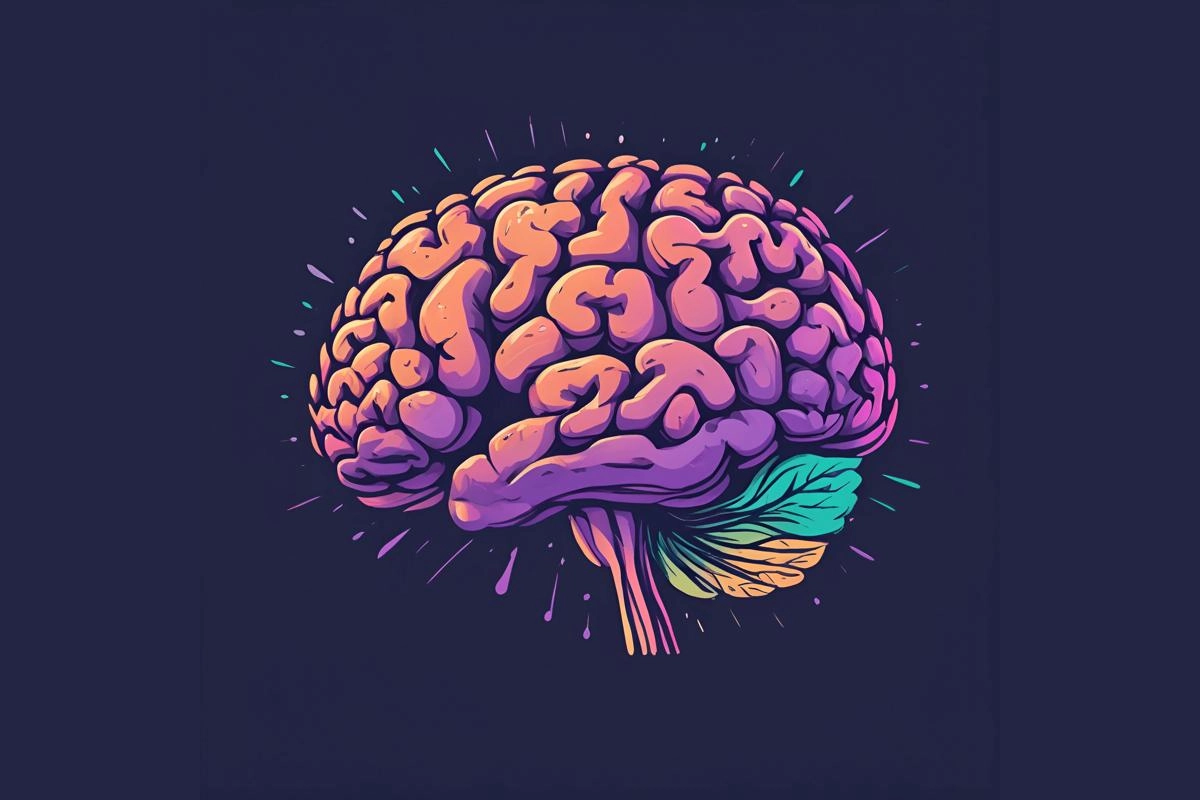
by Clare Kennedy
Level 4 personal trainer UCD, Certified nutritionist with MAC Nutrition
My passion is helping people reach goals they have struggled to achieve. While weight loss and body composition are the most active part of my practice, I also work with clients diagnosed with conditions such as osteoporosis and sarcopenia.
We instinctively understand that physical activity builds a stronger body. But what if the most profound impact of your workout isn’t on your muscles, but on your mind? Contemporary neuroscience is unequivocally demonstrating that exercise is a powerful agent of brain health, enhancing cognitive function, bolstering mental resilience and offering significant neuroprotection.
This isn’t about anecdotal evidence; it’s about the deep physiological and cellular mechanisms at play. Following our recent exploration of exercise as a cornerstone of overall well-being, let’s delve into the intricate science of how movement benefits the brain.
Optimising cerebral performance: The pillars of cognitive enhancement
Consider the brain as a highly complex, dynamic system requiring optimal conditions for peak performance. Exercise directly provides these conditions:
Cerebral perfusion and nutrient delivery
Physical activity significantly increases cerebral blood flow. This isn’t merely about more oxygen; it’s means a more robust delivery system for essential nutrients and metabolic byproducts that support neuronal function and energy production.
Enhanced perfusion translates directly into improved overall cognitive function, manifesting as sharper executive function, memory consolidation and heightened problem-solving capabilities.
Longitudinal studies consistently show a correlation between regular physical activity and superior performance on standardised cognitive assessments.
Neurogenesis and synaptic plasticity
One of the most compelling discoveries is exercise’s capacity to promote neurogenesis – the proliferation of new neurons, particularly within the hippocampus. This region is critical for learning and memory formation.
Research indicates that both sustained aerobic exercise and resistance training stimulate this process. Furthermore, physical activity enhances synaptic plasticity, strengthening the connections between existing neurons, which is fundamental for efficient neural communication and adaptability. This dual action builds a more resilient and adaptable neural network, counteracting age-related cognitive decline.
The brain’s endogenous neurotransmitter modulators
Exercise acts as a potent modulator of neurochemical pathways, influencing mood, motivation and mental clarity through the release of key neurotransmitters and neurotrophic factors:
Endorphins
These endogenous opioid peptides are renowned for their analgesic effects and their capacity to induce feelings of euphoria and well-being, effectively mitigating perceived stress and promoting a positive affective state.
Dopamine
As a critical neurotransmitter in the brain’s reward system, dopamine plays a pivotal role in motivation, pleasure, and executive function. Exercise-induced dopamine release contributes to increased drive and sustained cognitive engagement.
Serotonin
This monoamine neurotransmitter is integral to the regulation of mood, sleep cycles, and appetite. Elevated serotonin levels post-exercise are correlated with reduced symptoms of anxiety and depression.
Brain-derived neurotrophic factor (BDNF)
Often termed “Miracle-Gro for the brain,” BDNF is a protein that supports the survival, growth and differentiation of neurons. It plays a crucial role in long-term potentiation, a key mechanism underlying learning and memory, enhancing neural plasticity and cognitive resilience.
Mitigating allostatic load: Exercise as a stress buffer
Exercise is a highly effective physiological counter-regulator against chronic stress. It reduces the circulating levels of cortisol, the body’s primary stress hormone, while boosting the production of calming neurotransmitters.
While practices such as yoga and mindfulness are particularly effective due to their direct engagement with breath control and interoception, both resistance training and aerobic activities demonstrate significant benefits in modulating the physiological stress response.
Moreover, regular physical activity has been shown to enhance an individual’s allostatic capacity – their physiological resilience to stress over time. Individuals who maintain consistent exercise regimens tend to exhibit more adaptive responses to acute stressors compared to those with sedentary lifestyles.
Neuroprotection: A long-term cognitive investment
One of the most significant long-term benefits of regular physical activity is its demonstrable neuroprotective effect against neurodegenerative conditions such as Alzheimer’s and Parkinson’s disease.
Exercise helps reduce systemic and neuroinflammation, minimizes neuronal atrophy, and enhances overall cognitive reserve. Epidemiological studies consistently indicate that individuals who engage in regular exercise throughout their adult lives have a statistically significant lower risk of developing dementia later in life.
The sleep-cognition nexus: Rejuvenation through movement
Optimal sleep quality is indispensable for robust brain health, and exercise plays a crucial role in its regulation.
Physical activity helps to synchronize the body’s circadian rhythms, facilitating faster sleep onset and promoting more profound, restorative sleep cycles.
Enhanced sleep, in turn, directly improves memory consolidation, attentional capacity, and overall mental clarity during waking hours, creating a positive feedback loop for sustained cognitive performance.
Conclusion: The undeniable neurobiological imperative
The evidence is clear and compelling. The impact of regular exercise on the brain extends far beyond superficial benefits, acting at a fundamental neurobiological level to enhance function, build resilience and confer long-term protection.
From boosting neurogenesis and optimising neurotransmitter balance to buffering stress and reducing neurodegenerative risk, consistent physical activity is arguably one of the most potent, accessible, and scientifically validated interventions for maintaining and enhancing brain health throughout the lifespan.
Whether your chosen modality is the disciplined focus of resistance training, the sustained rhythm of cardiovascular training, or the holistic engagement of yoga, integrating consistent movement into your routine is a profound investment in your cognitive longevity and mental well-being.
It is a simple, yet powerfully sophisticated, strategy to ensure your brain operates at its peak for years to come.
At Stronger You we have a large library of recorded classes, so that you can select short workouts of 15 or 30 minutes’ length. Whether you do a Functional Resistance, Mobility Hiit, or Pilates class the workouts are carefully planned to optimise your workout and deliver maximum impact.
“I’m a nurse/midwife in my 40s and thanks to your classes I finally realise the importance of strength training. A patient recommended you to me – now I recommend you to loads of patients.”
Aideen, class participant

